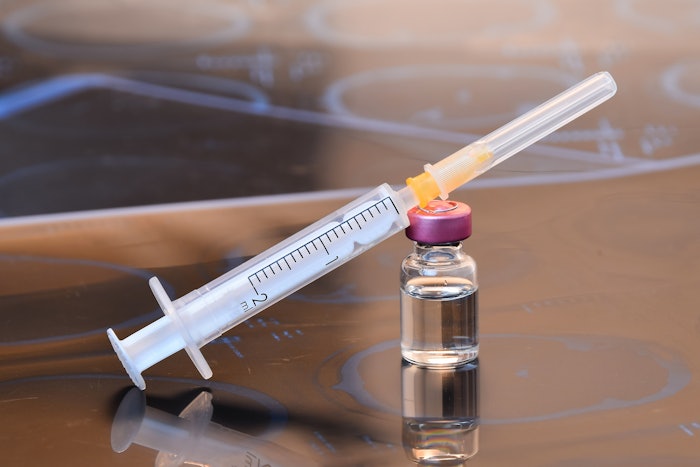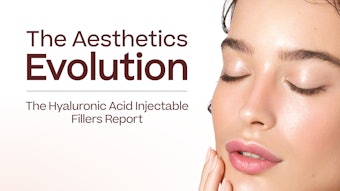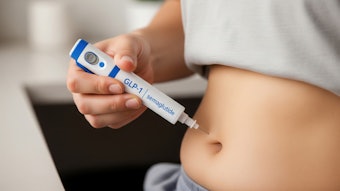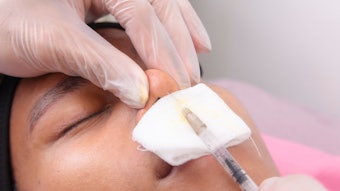
A new petition is calling for the U.S. Food and Drug Administration (FDA) to strengthen safety warnings for Botox and Botox Cosmetic labels and remove misleading promotional statements that are currently on the labels. The petition was filed on behalf of Public Citizen, a nonprofit consumer advocacy organization, and builds on a 2008 Public Citizen petition that asked the FDA to require the addition of the black-box warning on the labeling of Botox and related drugs regarding the risk of distant spread of the toxin, which was granted by the FDA in 2009.
Related: Is Barbie Botox Worth It?
The Current Flaws in the Black Box Warning of Botox
Public Citizen's petition requests that the black box warning of both cosmetic and therapeutic Botox and related drugs should "make it clear that they are associated with systemic iatrogenic botulism and related symptoms, even when used at recommended doses, in initial or subsequent (repeated) treatment."
According to Public Citizen, the current black box warning fails to explicitly mention the risk of systemic iatrogenic botulism, despite listing the symptoms associated with the condition in the warning. It also does not include any information about botulinum antitoxin, the only specific therapy for all types of botulism.
Iatrogenic botulism is a complication of treatment with Botox and related drugs due to the potential for diffusion and systemic spread beyond injection sites resulting in progressive, typically descending muscle paralysis or weakness. Botulism may require prompt administration of botulinum antitoxin to avoid disease progression and serious outcomes, including temporary muscle paralysis, hospitalization and even death.
Misleading Promotional Statements
In addition to a strengthened black box warning, the petition asks the FDA to remove three misleading promotional statements from the labeling of Botox and Botox Cosmetic. These statements — which do not appear in similar labeling in other countries, such as Canada and the United Kingdom — claim that "no definitive serious adverse events related to distant spread of the toxin’s effect have occurred with the use of recommended doses of these drugs for certain indications."
Using data from the FDA’s Adverse Event Reporting System (FAERS) from January 1989 through March 2021, Public Citizen identified 5,414 reports with “serious outcomes” from Botox and related product treatments in which Botox or related drug was the only primary suspect for the outcome.
Of those 5,414 serious reports analyzed by Public Citizen, 121 (2%) specified botulism as an adverse reaction and 89 involved therapeutic uses of Botox or a related drug and 32 involved cosmetic uses.
Public Citizen also found that 2,817 (52%) of the total 5,414 serious reports included signs or symptoms that are suggestive of iatrogenic botulism, consistent with the effect of Botox and related drugs.
Related: [BTX for Men] Dosing Guidelines Sorely Lacking
Azza AbuDagga, Ph.D., health services researcher at Public Citizen’s Health Research Group, said, "Our petition is based on clear postmarketing evidence that refutes industry propaganda claiming that Botox and related drugs are ‘always safe’ and that no ‘definitive’ cases of botulism have occurred with recommended doses. The FDA needs to implement our two requested actions quickly to warn the public in unambiguous terms about the risk of botulism associated with the use of Botox and related drugs. This will allow health care professionals and patients to make more informed decisions about the benefit-risk profile of these widely used drugs.”











